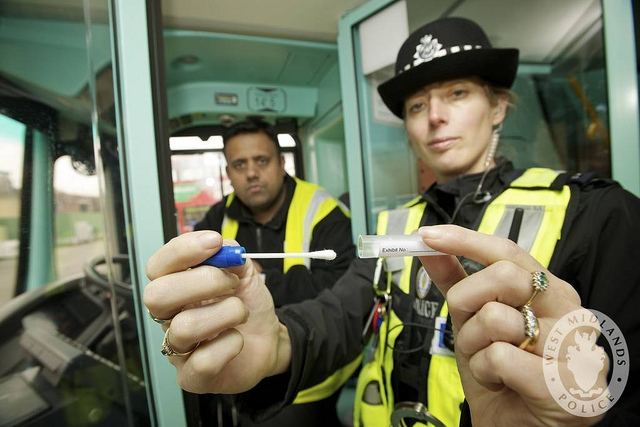Don’t allow genetic stop-and-frisk
By Allison Lewis,
Newsday
| 03. 23. 2017
If you think the government wouldn’t target you as a suspect because of who is in your family, you might soon be proven wrong. A New York forensic oversight agency wants to unilaterally expand the use of the offender DNA database to convert relatives of those on file into default suspects.
This is familial searching, and the state Commission on Forensic Science wants to allow its use — though it is not clear it has the legal authority. Some states have outlawed it, some use it without legislative authority, and more have taken no action.
This is how it works: People convicted of nearly any crime in New York, including low-level, broken-windows type offenses, lose the right to genetic privacy. The state keeps a database of their DNA samples to compare with unsolved crime scenes. If no match to a crime scene is found, familial searching would expand the search to look for near matches, which means the relative of an offender could match the evidence. It also could generate innumerable false positives (innocent people), depending on the scope of...
Related Articles
By Arthur Lazarus, MedPage Today | 01.23.2026
A growing body of contemporary research and reporting exposes how old ideas can find new life when repurposed within modern systems of medicine, technology, and public policy. Over the last decade, several trends have converged:
- The rise of polygenic scoring...
By Stephanie Pappas, LiveScience | 01.15.2026
Genetic variants believed to cause blindness in nearly everyone who carries them actually lead to vision loss less than 30% of the time, new research finds.
The study challenges the concept of Mendelian diseases, or diseases and disorders attributed to...
By David Cox, Wired | 01.05.2026
As he addressed an audience of virologists from China, Australia, and Singapore at October’s Pandemic Research Alliance Symposium, Wei Zhao introduced an eye-catching idea.
The gene-editing technology Crispr is best known for delivering groundbreaking new therapies for rare diseases, tweaking...
By Josie Ensor, The Times | 12.09.2025
A fertility start-up that promises to screen embryos to give would-be parents their “best baby” has come under fire for a “misuse of science”.
Nucleus Genomics describes its mission as “IVF for genetic optimisation”, offering advanced embryo testing that allows...




